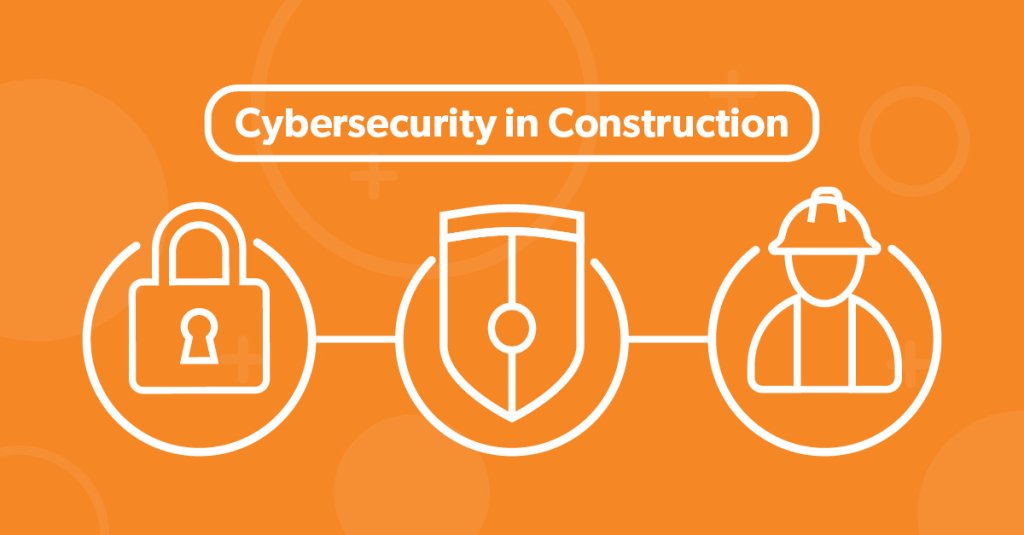For many construction companies, software is essential to daily operations. But sometimes while using digital tools, businesses unintentionally leave themselves vulnerable to cybersecurity risks and potentially even legal issues.
What is account sharing?
Account sharing describes the practice of sharing a single account’s credentials between multiple users.
A software provider may require the purchase of a unique, secure license or login for each individual user. If a business chooses to share a single login between multiple users despite this requirement, they are sharing accounts.
What are the risks of sharing account data?
The most common reason businesses share account data is to save money. Or, sharing accounts is simply a matter of convenience.
Whatever the reason, when you allow multiple users access to software using the same credentials, you significantly increase the risk of cyber attacks from both external and internal sources. And you’re most likely missing out on some of the software’s best benefits.
Common risks of software account sharing include:
Vulnerability to outside attacks
Loss of data quality
Internal misuse of data
Vulnerability to outside attacks
When multiple people know an account’s login information, the more likely that information is to spread. Sharing credentials gives fraudsters more opportunities to steal them.
Using phishing, brute force attacks, or other takeover techniques, bad actors may steal your account information and use it to access sensitive financial or legal information. They may also use your account data to “guess” credentials for other applications, as people often use the same usernames and passwords across platforms. Businesses are especially vulnerable to this tactic when they use simple, uncomplicated usernames and passwords, which is often the case when accounts are shared between several employees.
Typically, when you’re required to purchase individual licenses for software access, the intention is to make sure each account remains secure. Usernames and passwords should be unique and are meant to be protected.
Sharing credentials defeats that purpose.
Loss of data quality
For any type of tracking, reporting, or documentation software, sharing account credentials often ultimately affects the functionality and effectiveness of the software in question, because sharing credentials reduces accountability.
The ability to track actions and changes to a specific user helps construction companies better mitigate risks and resolve disputes due to safety violations or work errors more fairly. It can also help stakeholders identify areas for improvement and manage the distribution of responsibilities.
For example, if you find out that an account is being used by multiple parties, resolving litigation due to work errors becomes much more complicated. Let’s say that during a quality control inspection, a user approved work that should have been flagged. Not knowing which employee actually submitted the approval limits your ability to fairly resolve the issue and prevent it from happening again.
Likewise, if you find multiple people are reporting time worked to the same account, the overall accuracy of time card data suffers. One of the purposes of time cards is to help construction companies better plan future projects and work schedules. The knowledge that a single user tracked a certain amount of hours to one particular task is more useful when you know for certain that those hours worked can be attributed to a single, specific employee.
When employees have their own unique credentials, they are more motivated to use that software correctly and not abuse their access.
Internal misuse of data
In rare cases, disgruntled employees—or ex-employees—may personally attempt to steal confidential information from their employers. Account sharing gives them an opportunity to do so without being detected.
When every user has their own username and password, the business has greater control over their access to software applications. If there is a potential security issue with a particular employee, their account can be suspended immediately. Doing so will not affect the access of other users who have their own individual account information.
Likewise, if an employee is fired or leaves the company, you can restrict their access to confidential information right away without interrupting remaining employees’ access.
How Raken provides secure, real-time insights
Raken’s field-first software features daily reporting, production tracking, time tracking, and safety management capabilities. Each individual user creates their own secure login to promote accountability when recording progress, logging work hours, or completing safety and inspection checklists.
Because all reports are submitted through our mobile app and stored on the cloud, they’re automatically combined and shared in real-time. Project managers and other offsite stakeholders can review production data in charts, graphs, and other easy-to-understand formats to assess productivity without spending hours on organization.
In conclusion…
It’s best to use any software you purchase in the way the developer intends, so you can safely maximize the benefits. Avoid sharing account information to protect your data and maintain its integrity.
Raken helps construction professionals gain granular insights fast. When used correctly, Raken reports show stakeholders exactly what happened in the field each day, so you can accurately assess progress and fairly resolve disputes or litigation.
Try Raken today.
See our easy-to-use field management solutions in action.
